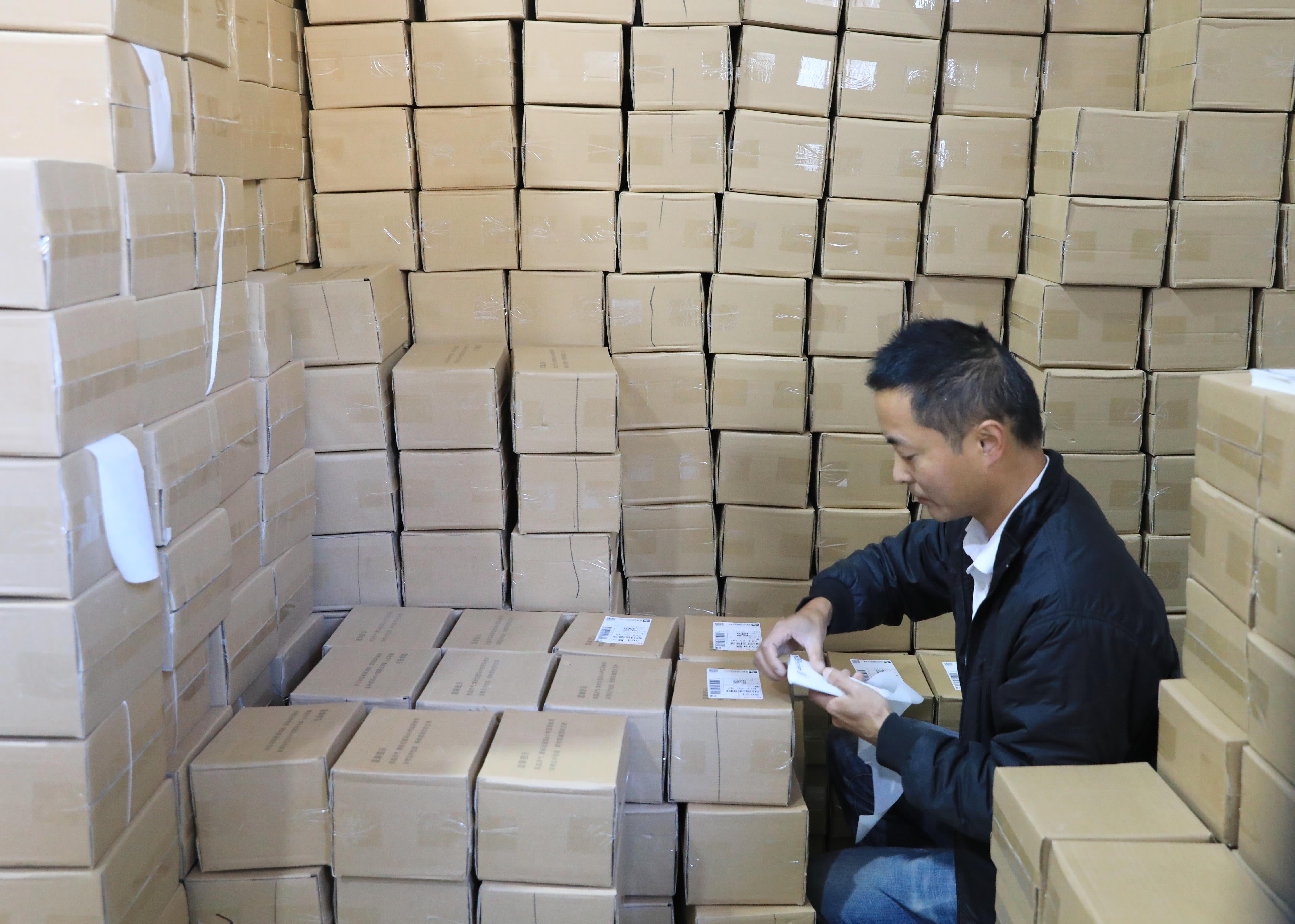Visits: 29

SINGAPORE – The demand for imported items by Chinese consumers is not as strong as before, according to a partner in management consulting firm Oliver Wyman.
“It remains a strong appeal, but there is less appeal for imported products than there was the year before,” said Jacques Penhirin, retail and consumer goods partner at the company’s Greater China office.
Foreign goods in categories such as beauty, cosmetics and health supplements are still popular, but demand has fallen, Penhirin told CNBC’s “Capital Connection” on Wednesday. That’s also the case for electronics, where Chinese brands have made a “very strong push.”
He pointed out that there is a “kind of a shift in consumer demand in a way that (importing) is not the only recipe.”
Workers labelling parcels in Nanchang in central China’s Jiangxi province during China’s Singles Day on 11 November.
Feature China | Barcroft Media | Getty Images
The main driver for this change is not politics, he explained.
“I think it’s just more confidence, the confidence in Chinese brands that has been built over the years,” he said, noting that more good quality products are being made in China. “Apple is a good example. Designed in California, but made in China. So China can make good products.”
Penhirin acknowledged that nationalistic sentiment may play a part, but said it isn’t the “main reason” for weaker demand for imported goods.
Months of trade tensions between the U.S. and China have led to concerns that consumers on both sides could boycott each other’s products in support of their own country. Chinese social media users have also been vocal about switching out of American products to buy local instead.
They see the rest of the world struggling, but Chinese consumers are very confident in the strength of the Chinese economy.
Jacques Penhirin
Oliver Wyman
Penhirin’s comments came during the Singles Day shopping extravaganza, one of the largest online shopping festivals in the world that started in China. It usually takes place on Nov. 11, and is sometimes referred to as 11.11.
The event, which was extended this year, started on Nov. 1 and will end on Nov. 12, unlike the 24-hour festivals of previous years.
Chinese e-commerce giant Alibaba said sales hit a record 372.3 billion yuan ($56.26 billion) as of 12:30 a.m. Beijing time on Wednesday, while JD.com said transaction volumes on its platform was 200 billion yuan as of 12:09 a.m.
The strong sales figures are not due to “revenge” buying, but remain linked to the coronavirus crisis, Penhirin said. “It’s more like we need to spend because we have saved money and we can’t travel.”
He added that consumer confidence in China is high. “The pandemic, at least in our survey, is behind them. They see the rest of the world struggling, but Chinese consumers are very confident in the strength of the Chinese economy.”
Greg Portell, lead partner of Kearney’s global consumer practice, agreed that the consumer rebound has been much stronger than expected. But it’s becoming more difficult to attract new users to the online shopping apps, he said.
“E-commerce has been growing for quite some time, so the ability to get new customers is starting to plateau,” he told “Street Signs Asia.”
For e-commerce sites, Singles Day is about building networks and engaging consumers beyond sales during the event.
“You don’t want them just to buy a single product,” Portell said. “You want them to land on your platform, become engaged with your platform, and then ideally buy across your platform well beyond the Singles Day window.”

